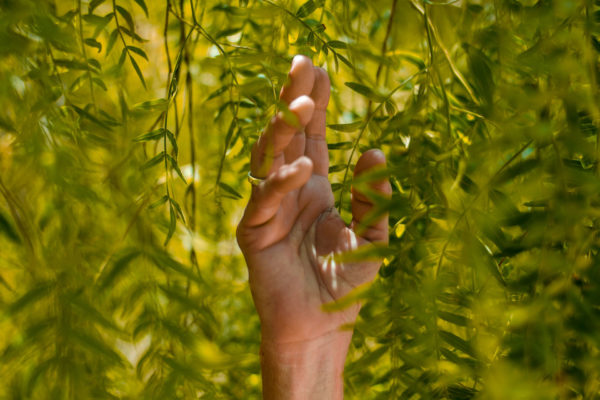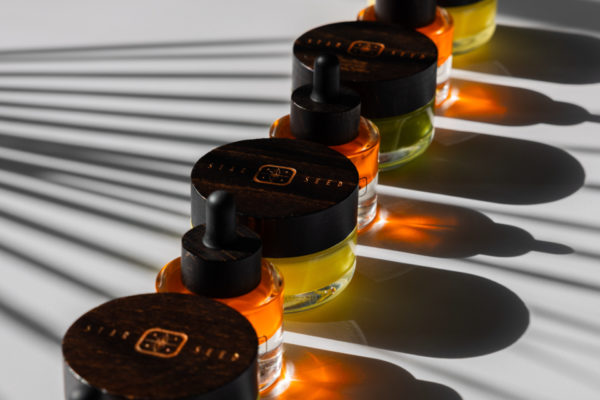The Case For Fairer Fashion
By
4 months ago
What will you do?

We all know fashion’s impact on the planet, but what are we prepared to do about it? Fashion lover and climate activist Dominique Palmer shares some ideas.
The Case For Fairer Fashion

I am a climate justice activist and yet I love fashion. Contradiction? Maybe. But I’m calling for a fashion revolution and here’s how we can make it happen. We can reframe our entire approach to fashion by finding joy in discovering our own style and caring for the world around us (join a local climate community!) to slowing down (ourselves and the relentless fashion cycles) and redirecting love towards what’s important (ourselves, our friends and family, society and nature at large) rather than the latest product drop. We can also hold the industry accountable, demanding transparency and support legislation to tackle waste, sustainable production, and fair pay. We all have the power to take these actions. Collectively, that power can be truly monumental and you are never too small or too late to start.
We must be mindful of not demonising fashion in its entirety though; it is at its best when it’s inspiring, creative, culturally significant and part of our individuality. However, it’s also tied to money, power and the fossil-fuel industry; it is a mega polluter, with the textile industry generating roughly 1.2 billion tonnes of CO2 equivalent, or nearly ten percent of world greenhouse-gas emissions. It’s also exploitative to both people and planet, mostly thanks to vast over-production that uses the amount of water that would be needed to fill 37 million Olympic-sized swimming pools annually, and creates vast amounts of waste (the World Bank says that of the total fibres used for clothing, 87 percent ends up in landfill), plus sub-standard worker welfare and low pay. This production overload is underpinned by the marketing and advertising that swims around it, urging us to buy, buy, buy. According to the British Fashion Council, there are already enough clothes on the planet right now to dress the next six generations of people.
But we are in a climate crisis, and there has never been a more crucial time for fashion to transform and exist in harmony with nature, not against it. Nature presents herself as the ultimate circular economy: she restocks, renews, and replenishes, taking what it needs but giving it back too. Fashion should follow her lead.
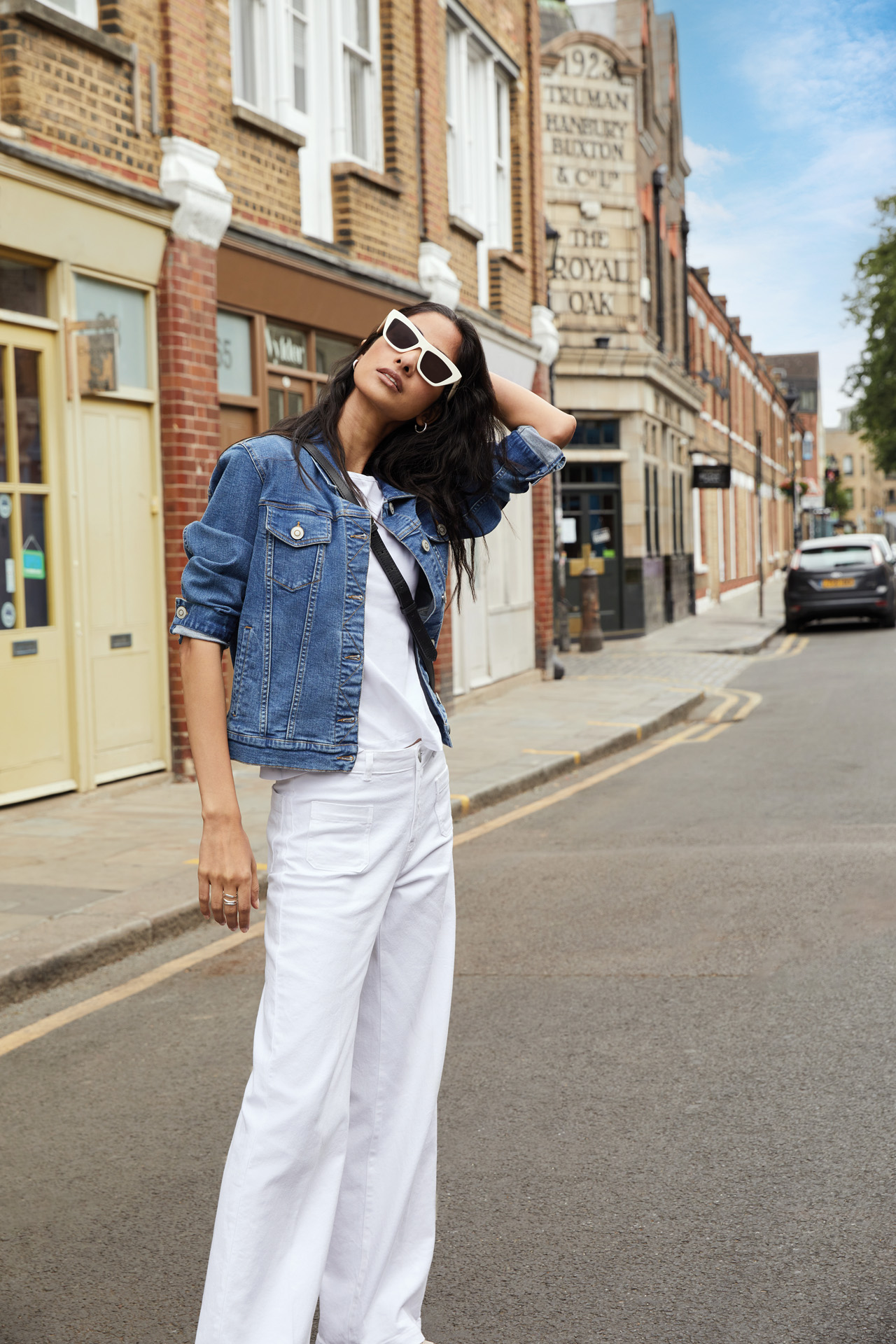
Baukjen is one of the brands leading the way to fairer fashion.
Our approach to fashion can be part of our approach to caring for the environment and there are ripple effects of change that can spread out from these actions. A future where we recognise this, and appreciate the beauty and craft that goes into our clothes, is possible.
So how to start shifting? The solutions are there. Firstly, upcycling, second-hand shopping and thrifting, which are all taking the style scene by storm. A large part of my wardrobe and some of my most beloved garments are second hand – all in excellent condition. It can inspire us to think more carefully about our pieces, carefully curate our wardrobes, build our personal style and shop mindfully.
There are British-based brands and collections supporting a shift to pre-loved, such as Atijo. Created in London and women-led, this collection of exclusively curated vintage designer and artisan products is on a mission to reimagine the vintage aesthetic by circulating more pre-loved clothing, while celebrating culture, diversity and style.
Of course, the most sustainable item is the one you already own. Repairing, upcycling, restyling, and taking care of our clothes can spark joy. British brand Sojo specialises in tailoring, alterations and repairs, which can be collected or delivered right to your door – they have a concession in Selfridges too.
But what about new clothes and what can existing brands do? In addition to transparency in their supply chains and sustainability from farm to shelf – meaning that the production, processing, distribution, and consumption of fashion is done in a way that is socially and environmentally responsible – fashion must step away from the relentless cycles that are damaging to the planet, workers (such as garment workers) and designers.
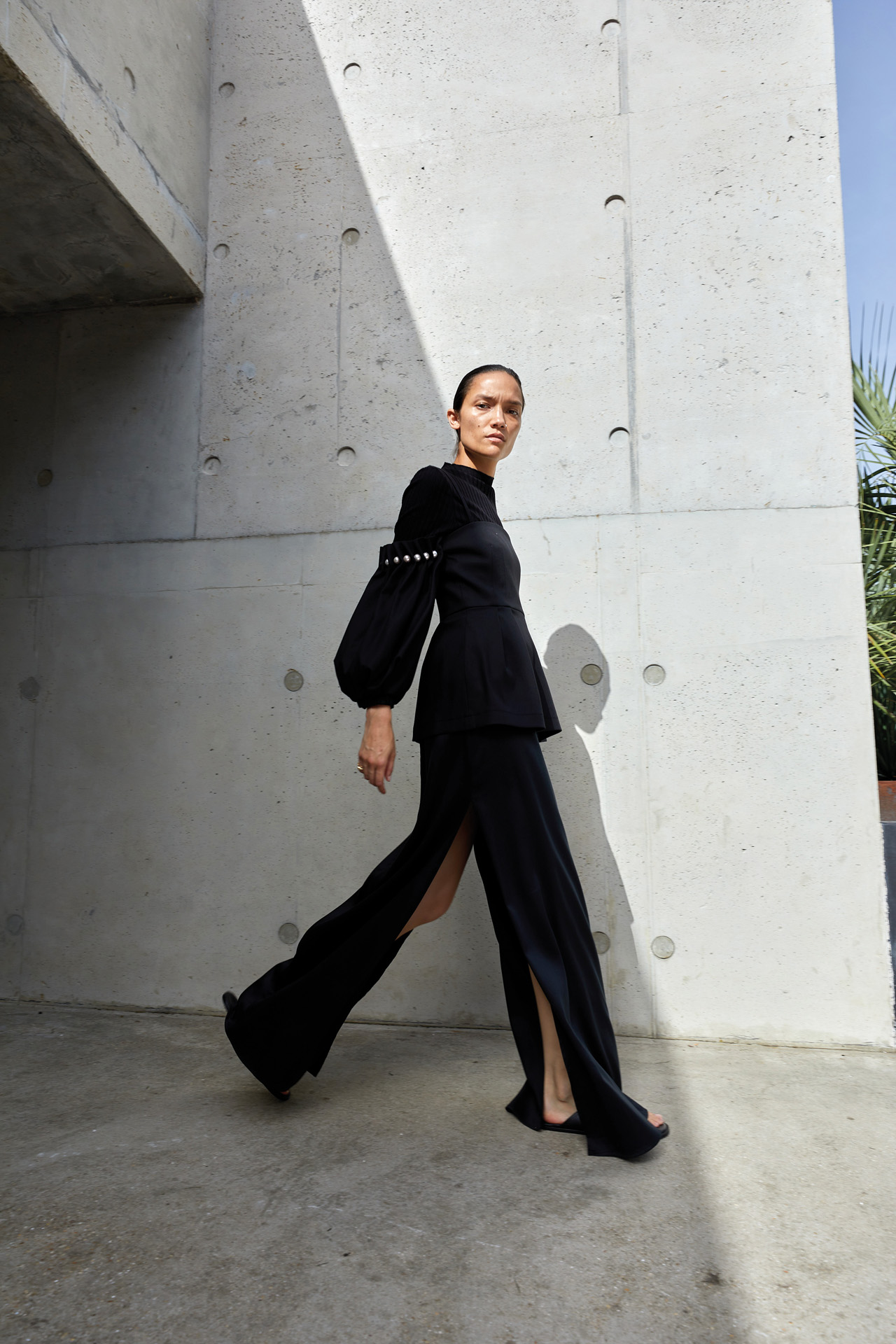
Mother of Pearl is another brand leading the way to fairer fashion.
There are already brands doing it differently. ELV Denim, for example, uses previously rejected deadstock fabric to make jeans (denim is one of the most polluting items of clothing due to its excessive water and chemical use) and is dedicated to creating pieces from 100 percent upcycled materials. Women’s brand Deploy is a very high-scoring certified B Corp that contributes towards 12 of the 17 UN Sustainable Development Goals and has achieved a 50 percent carbon reduction within the past three years. Baukjen, too, is an impressive B Corp with another high score that has a Sustainability Index metric that is calculated based on the environmental and social performance of each of its garments.
Innovation is playing its part too. There are many wonderfully creative solutions, such as mushrooms. According to the SpringWise report ‘Future Now’, New Fashion Factory’s mycelium-based produce, MycoTex by Neff a takes only a week to grow in a fermentation tank, and does not use harmful chemicals or plastics. It does not need any farmland and uses much less water than traditional fashions. After use, it can be home composted.
While we look at new innovations, what more can we do with our own wardrobes? To respect the planet, and the people who make our clothes, before I buy anything I ask myself: what happened to the planet for my clothes? How far did this travel? Has this harmed animals? Who crafted this and farmed the cotton? Luckily, there are British brands already integrating these principles into their brands. Take Mother of Pearl, helmed by creative director Amy Powney, who is passionate about every single detail in the process of making clothes. From responsible materials, to animal welfare and care for the people behind the supply chain, Mother of Pearl is a leading light in fashion as a force for good. JPL Atelier also creates beautiful pieces and is focused on ‘empowering women, alongside their muse, Mother Earth’. It prioritises ethical and sustainable fashion, is vegan approved, and is transparent about sustainability throughout its production.
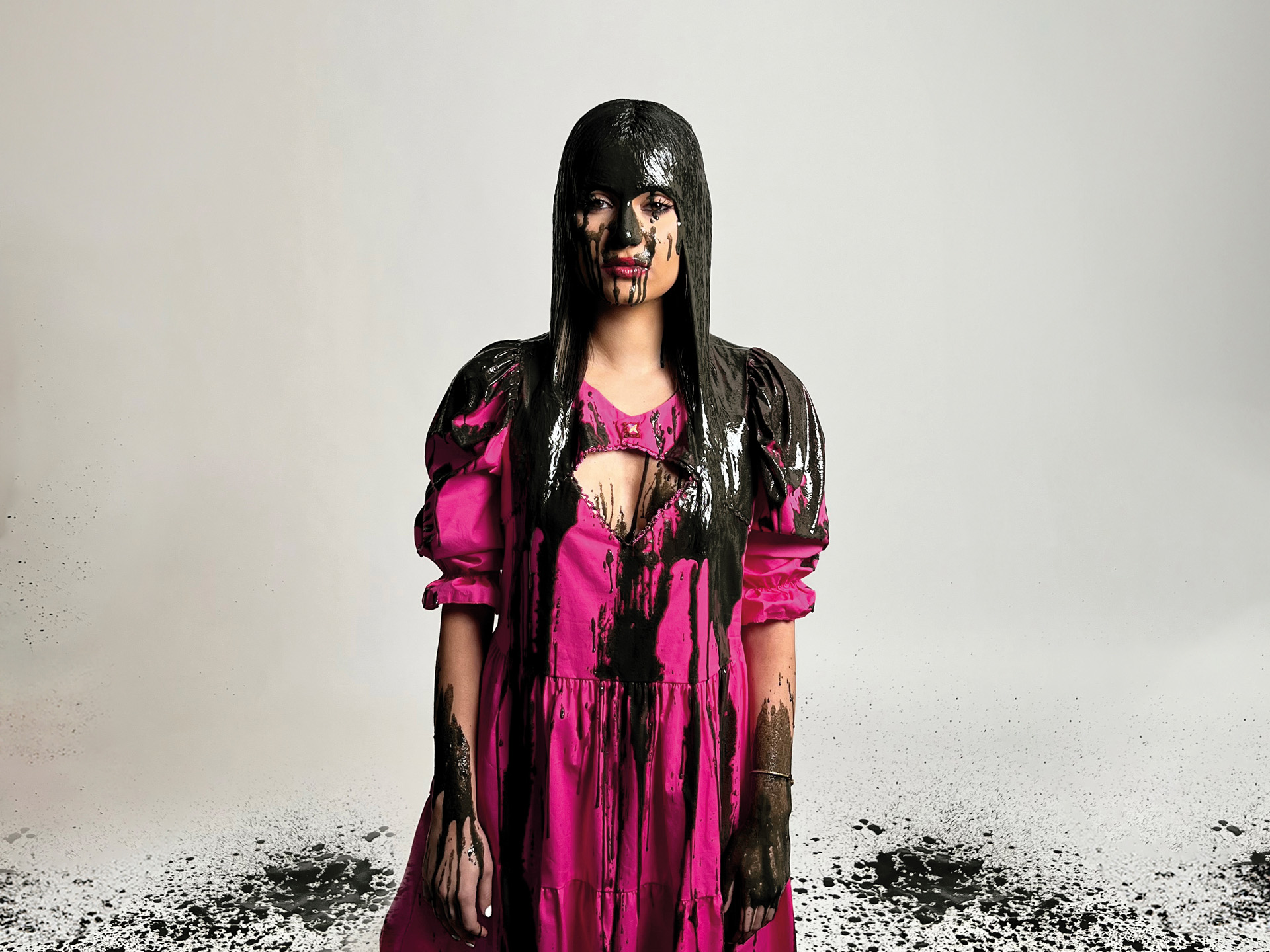
United Nations youth adviser Sophia Kianni launched campaign ‘We Wear Oil’ during COP 28, to raise awareness of fashion’s use of fossil fuels to make clothing. © Sophia Kianni
While making individual choices is important, the system of fashion ultimately needs reconfiguring, something that many incredible campaigns and activists are tackling. Fossil Fuel Fashion is a new campaign launched by Livia Firth’s Eco-Age, with a focus on the phase-out of oil from the fashion industry with commitments to science-based targets. In support of the campaign, climate activist Vanessa Nakate says: ‘While fashion companies grow rich on a fast- fashion business model fed by fossil fuels, they dump their waste and pollution on countries in the Global South least equipped to deal with it. A fast, fair phase-out of fossil fuels from fashion is critical for climate justice.’
Global non-profit Fashion Revolution is also working to change the industry, pushing for transparency in supply chains and highlighting the question ‘Who made my clothes?’ Its campaign Good Clothes, Fair Pay in 2023 was a European Citizens’ Initiative, campaigning for EU living wage legislation for garment workers globally. Additionally, I follow Collective Fashion Justice to learn more about a possible fashion system that is ethical, through prioritising animals, people and our planet before profit.
There is so much we can do to support a fashion revolution. Be mindful about the way we shop, demand more from brands, support campaigns – and become activists. One chant we sing at climate protests is, ‘We are unstoppable, another world is possible,’ which we really believe, but it does demand doing something. What will you do?
Dominique Palmer is a British climate justice activist, student, speaker, storyteller, writer, and advocate of slow fashion.






